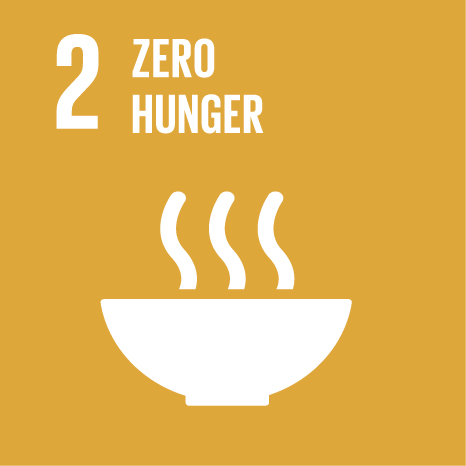 +265(0)111 624 222
+265(0)111 624 222 research@unima.ac.mw
research@unima.ac.mw Chirunga-Zomba, Malawi
Chirunga-Zomba, Malawi
Evaluation of the FAO Penman–Montheith, Priestley–Taylor and Hargreaves models for estimating reference evapotranspiration in southern Malawi
Abstract
This study evaluated the performance of the Food and Agriculture Organization (FAO) Penman–Monteith (PM) reference evapotranspiration (ET0) method for various limited data scenarios in southern Malawi. The study further evaluated the full data PM method against the radiation-based Priestley–Taylor (PT) and the temperature-based Hargreaves (HAG) methods, which are less data-intensive approaches commonly used to estimate ET0 in data-scarce situations. A comprehensive daily climate dataset observed at the Nchalo Sugar Estate in southern Malawi for the period 1971–2007 was the basis of the study. The results suggested that lack of data on wind speed and actual vapour pressure did not significantly affect the PM ET0 estimates. However, the estimation of radiation using various combinations of observed wind speed and relative humidity all resulted in significant deviations from the PM ET0. Further, the HAG and PT methods significantly underestimated the PM. However, the PM method computed with estimated climate variables instead of observed climate variables still outperformed both the PT and HAG methods if their original parameters and estimated radiation were used. Thus, new monthly parameters for the PT and the HAG methods are proposed for more accurate daily ET0 estimates.
| Original language | en |
| Pages (from-to) | 706-722 |
| Volume | 44 |
| Issue number | 4 |
| Publication status | Published - 2013 |
UN SDGs
This research output contributes to the following United Nations (UN) Sustainable Development Goals (SDGs)

UN SDGs
This research output contributes to the following United Nations (UN) Sustainable Development Goals (SDGs)

UN SDGs
This research output contributes to the following United Nations (UN) Sustainable Development Goals (SDGs)
